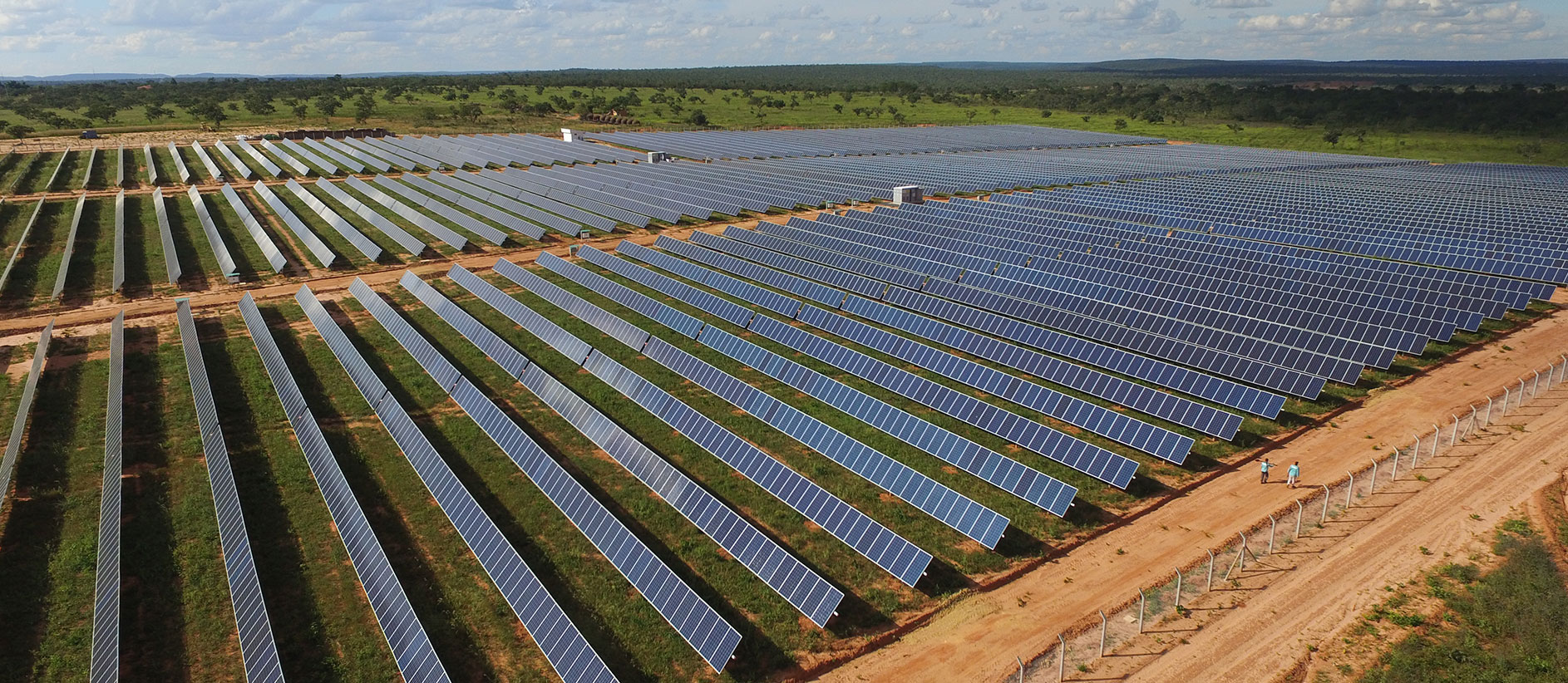In 2022, the Danish SDG Investment Fund made three additional investments at a total of DKK 615 million, bringing the total investment to DKK 2.7 billion. New investments during the year included a large investment in renewable energy in Brazil, organic food production in India, Uganda and the Philippines, as well as low carbon cement production in Ghana. This is shown in the fund’s impact report 2022, which has been published today.
“I am very happy to share the results that the Danish SDG Investment Fund has made so far. The investments have achieved solid impact in supporting the SDGs and improving the livelihood for people in developing countries, by for example increasing renewable energy capacity with more than 1,300 megawatts, providing healthcare services to around 1.2 million patients annually, and offering job opportunities for 25,000 men and women.”
Torben Huss, CEO of IFU.
Mobilising more private capital to developing countries
The 22 investments made at year-end 2022 have primarily been made within renewable energy, healthcare, agribusiness and financial services. Africa is the largest investment region receiving close to 40 per cent of the total investments.
One of the primary purposes of the fund is to use public funds as a lever for mobilising additional private capital thereby increasing financing to support the UN’s Sustainable Development Goals (SDGs) in developing countries, where private investors are often more reluctant to invest. To date the result is that for every one Danish kroner of public funds invested by IFU, more than five kroner of private capital has been mobilised.
“I believe it is very satisfying that IFU’s investments of public funds have been able to mobilize over five times more private capital for the developing countries. This indicates that we can use our experience and leverage to get more private investors onboard, which is imperative if we are going to meet the SDGs by 2030,” said Torben Huss.
First exits made
The Danish SDG Investment Fund is a close-end fund. Consequently, the strategy is to invest in companies with the potential of increasing impact and value through active ownership and then selling them on to other investors. In 2022, the fund made its first exits by selling three companies. One of those was Daystar Power a solar company in Nigeria providing renewable power solutions to companies in West Africa. The company was sold to Shell.
“In 2022, we have exited three of our investments with a solid financial return. This proves that we are able to help develop companies, achieve impact as well as return to our investors, and thereby creating benefits for all.”
Torben Huss.
Final round of investments
The Danish SDG Investment Fund was established in 2018 with a total capital commitment of DKK 4.86 billion from large Danish pension funds, private investors and IFU, which is the fund manager. In 2023, the Danish SDG Investment Fund will make the final round of investments, and IFU has now started the fundraising for a second SDG Investment Fund.
“The positive impacts of the fund’s investments are evident, and we are also expecting that the fund will deliver on financial return targets. This is the key to bringing new investment for the green transition and more inclusive economies in developing countries”, said Torben Huss.

